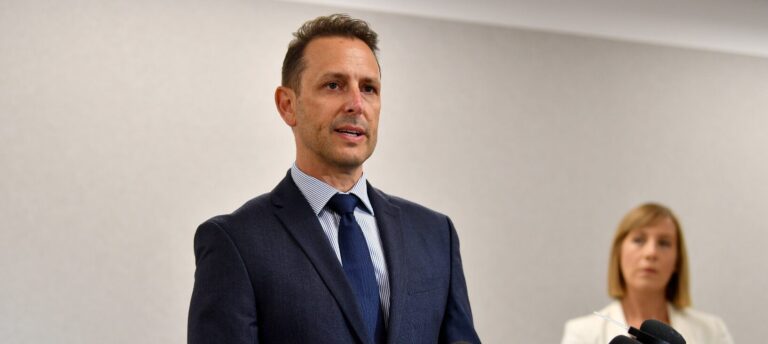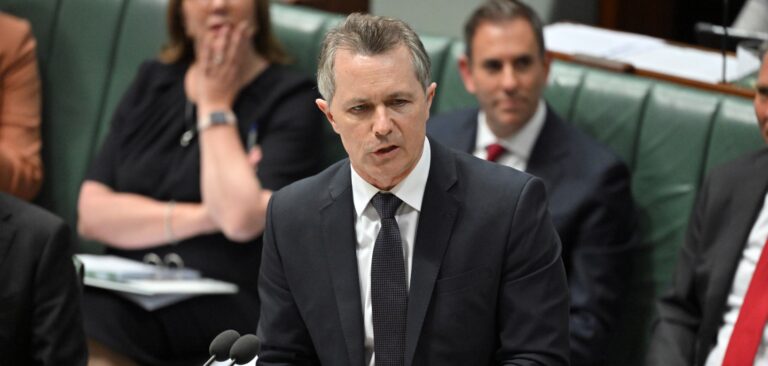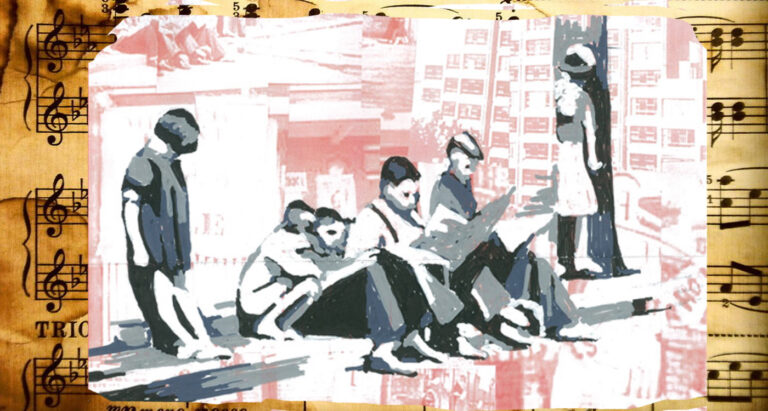
News Corp turns to propaganda

The Federal Government have continued their attack on Rupert Murdoch and News Corp, specifying climate change and the economy as key issues distorted by the media mogul’s conservative agenda.
Wendy Bacon, a professorial fellow with the Australian Centre for Independent Journalism (ACIJ) and contributing editor to newmatilda.com, said there was proof News Corp engaged in a propaganda-driven agenda.
A report on the media coverage of climate change in 2011 found prejudice among News Corp Australia titles regarding carbon policy reform.
“In 2011, the ACIJ did a report on climate policy coverage and found The Daily Telegraph and Herald Sun were so biased against the carbon policy reform that the best word to describe it was propaganda rather than journalism,” she said.
Member for Sydney, Tanya Plibersek, pointed to the extreme importance of impartial news reporting.
“I think we have to tell the truth when newspapers are giving a biased view of the world to people,” she said.
“The two largest examples of that is climate change, where you’ve got a media organisation that largely ignores scientific evidence, and secondly the economic circumstances that we’ve got here in Australia.”
News Corp Australia publications this week continued their assault on Kevin Rudd. The Courier Mail ridiculed the Prime Minister’s weight, suggesting he was “comfort eating as the stress of the federal election campaign takes its toll”.
Following Kevin Rudd’s federal election announcement, The Daily Telegraph – owned by News Corp Australia – ran a front-page opinion piece on August 5 calling on voters to ‘Kick This Mob Out’. The striking headline raised concern that editorial was distorting national politics in the prelude to the September 7 poll.
“I think it’s very plain that News Corp is seeking to have an influence and seeking to change votes,” said Ms Plibersek.
“Certainly they’re attempting to influence the outcome of the election rather than just reporting events.”
Dr Alan Knight, Professor of Journalism at UTS, said the August 5 headline was a ruthless exhibition of Mr Murdoch’s political clout.
“Power can be exercised in many ways, not just through editorials backing particular politicians,” he said. “Sustained newspaper campaigns can attempt to skew national political priorities.
“Rupert Murdoch is arguably the world’s most powerful press baron. He exercises influence mostly through his newspapers, particularly in the US, Britain and Australia.”
Mr Murdoch used social media on Tuesday to personalise his attack on Mr Rudd, tweeting the Prime Minister was “all over the place convincing nobody”.
In response to News Corp’s aggression, Kevin Rudd reminded the press News Corp owns 70 per cent of Australia’s newspapers. News Corp refuted the claim, but newspaper circulation data finds News Corp Australia titles account for 59 per cent of the sales of all daily newspapers.
“News Corp’s newspapers dominate the Australian market, with more than 60 per cent of metropolitan circulation,” said Dr Knight.
“In Brisbane for example, readers have the choice between News Corp’s Courier Mail and News Corp’s The Australian. Since most commercial TV and radio stations have limited journalistic resources, they often continue to get their news agenda from these newspapers.”
Dianne Hiles, the Greens’ candidate for Sydney, raised concern the focus of power should lay with one organisation and believes News Corp’s media dominance is undemocratic.
“Democracy is poorly served by such a concentration of media power in one organisation,” she said.
“In many Australian capital cities, the absence of any other voice is concerning.”
Ms Hiles called on the Labor Party to counter News Corp’s election coverage and said the party had a responsibility to avoid damaging the health of the democracy in Australia.
“Labor has to refute the Murdoch point of view,” she said. “It would be derelict in its responsibilities to a robust diversity of views, so important in a democracy, if it didn’t.”
In 2012, an independent inquiry into the Australian media found a fundamental problem with the concentration of media lead to the potential for a small group to have undue influence on public opinion.
“As shown by the 2012 Independent Media Inquiry, we have the most concentrated media in the developed world,” said Ms Bacon. “You can’t have a democracy without a democratic media.
“These days the independent culture of journalism is weakened not just by a lack of resources but also by decades of News Corp culture, which erodes independence.”
The Daily Telegraph was contacted for comment, but did not respond.









